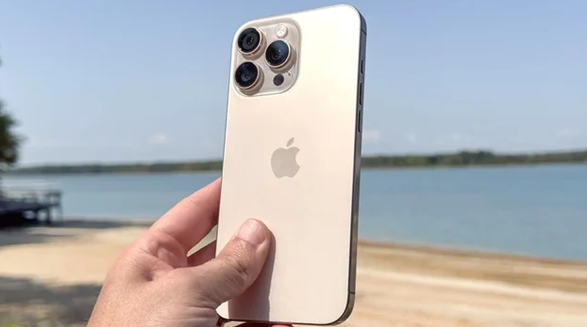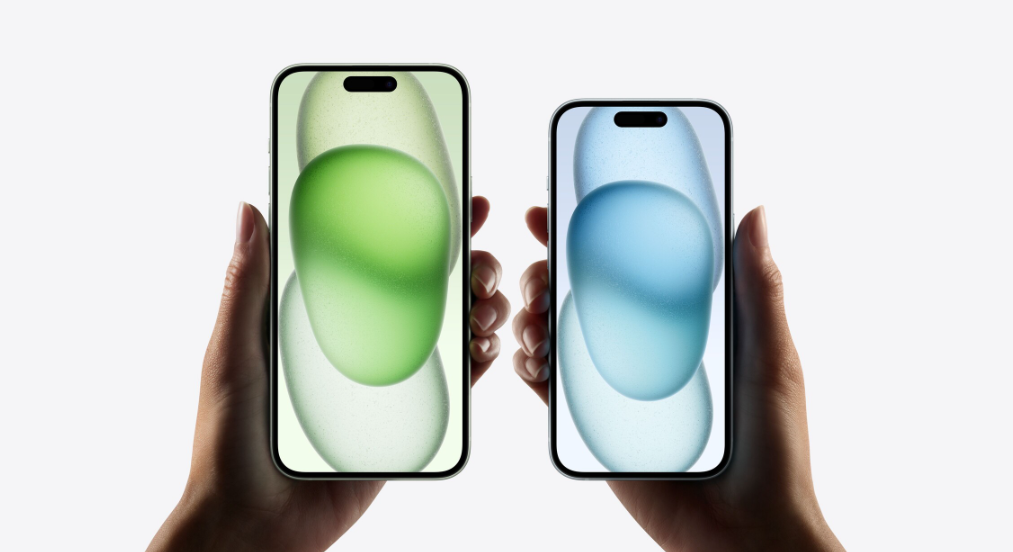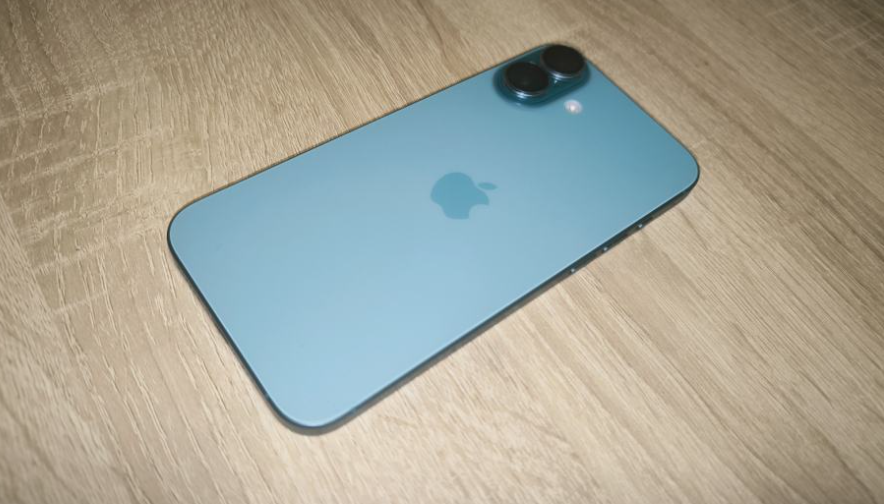iPhone 17 Air, the price of ultimate thinness is too high, better not have it!
![]() 11/26 2024
11/26 2024
![]() 390
390
To say what are the most popular high-end models in the domestic and international markets, undoubtedly it is the iPhone. Especially in the domestic market, the iPhone has always been at the top of the total sales rankings on various platforms. Although the total sales are high, not all models can satisfy Apple. Taking the mini version from a few years ago as an example, although there was a lot of online buzz at the time, when it came to actually spending money, some users hesitated. After two consecutive generations failed to meet expected sales, Apple finally discontinued the mini version.
As for which model will follow the mini version's footsteps, it is undoubtedly the Plus version. This version is considered to have very low presence. Apart from a slightly larger screen and battery capacity, it is identical to the regular version in all other aspects, but the starting price is 1,000 yuan more expensive. Many people consider this price difference to be unworthy. The result is predictable: for several consecutive years, it has been the worst-selling model in the entire series. Even when Tim Cook talks about iPhone sales performance, he is reluctant to mention the Plus version. Its cancellation was already expected.

Earlier, foreign media reported that next year's iPhone 17 series will no longer include a Plus version, and its position will be replaced by the rumored iPhone 17 Air. The new model's biggest feature is its ultimate thinness. It is rumored that its thickness will be controlled between 5mm and 6mm, which is significantly thinner than most existing smartphones. However, in my opinion, this comes at a huge cost. Being thin and light means that internal space will be extremely compressed, with battery capacity being the first to suffer.
It is important to note that the thickness of the Plus version has been 7.8mm for three consecutive generations. If the thickness is significantly reduced by 2mm, the battery capacity will inevitably also be greatly reduced. Taking the iPhone 16 Plus as an example, its battery capacity is 4674mAh. Therefore, the battery capacity of the iPhone 17 Air will have to be reduced to below 4000mAh at a minimum. Coupled with the expected lack of significant improvement in charging power, one can already anticipate the battery life of the iPhone 17 Air. Moreover, it's not just the battery life that will be compromised; other aspects will also be "downsized."

The heat dissipation of recent iPhone generations has been average at best. With the new model's thickness being reduced, heat dissipation becomes even more concerning. If you want to play games on the iPhone 17 Air, the experience may not be as good as the other three models. Additionally, one of the speakers will be removed, which will obviously affect sound quality. It is also rumored to have a single rear camera, with configurations similar to the SE series, but at flagship-level pricing. For a high-end flagship to come with a single speaker and a single rear camera, no other manufacturer would dare to make such a phone, except for Apple.
Moreover, the iPhone 17 Air will also be equipped with Apple's self-developed 5G baseband, which is said to be inferior in overall performance to Qualcomm's contemporary products. It also does not support 5G mmWave and, due to internal space limitations, does not support physical SIM cards, meaning it must use eSIM. Whether this can be implemented in China remains highly uncertain. Despite being thin and light, it is not reflected in the camera; rumors suggest that the iPhone 17 Air's camera will protrude even more.

To be honest, if the thinness and lightness come at the cost of compromising various aspects of the user experience, I personally believe that such an iPhone 17 Air is better off not existing. What do you all think?







